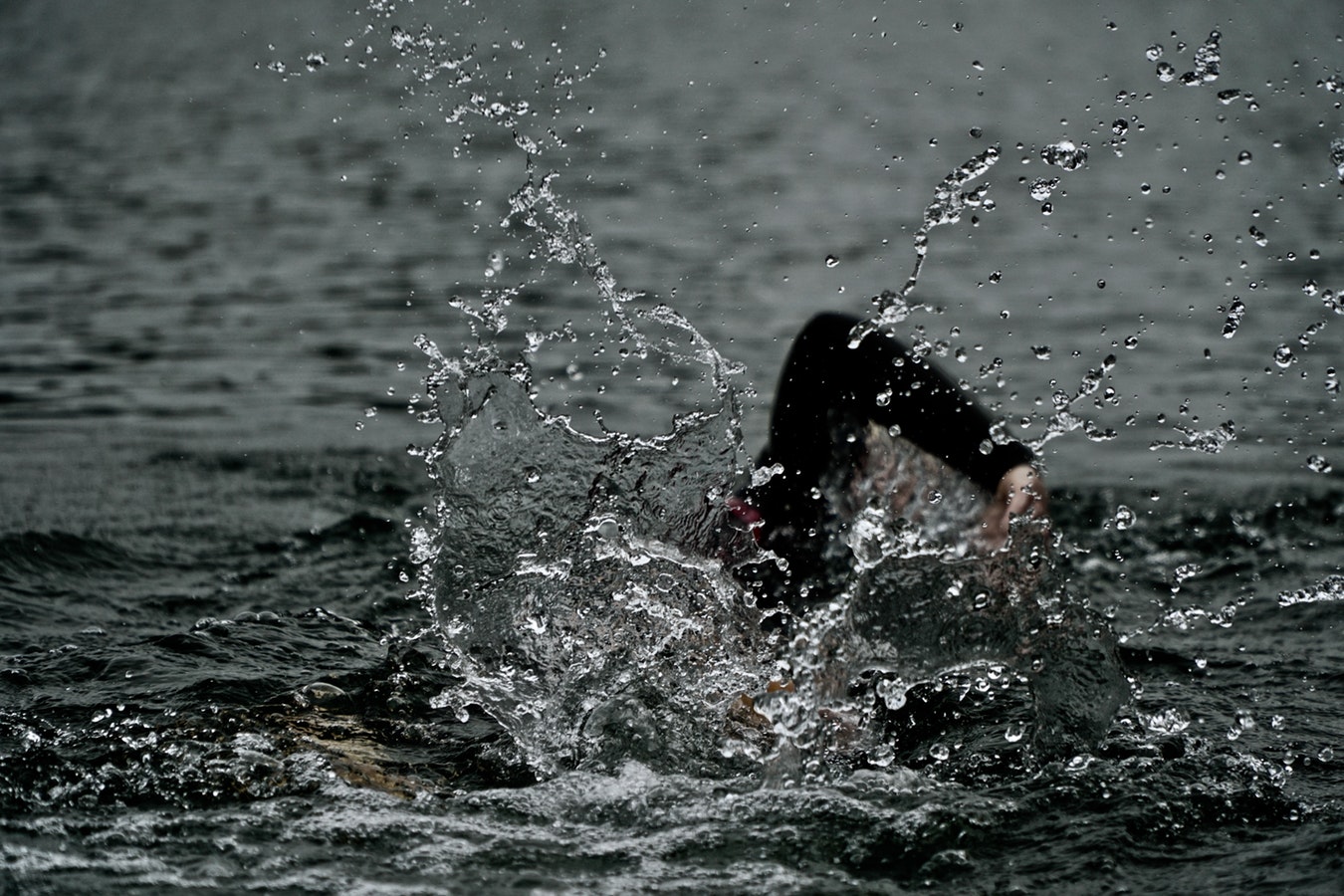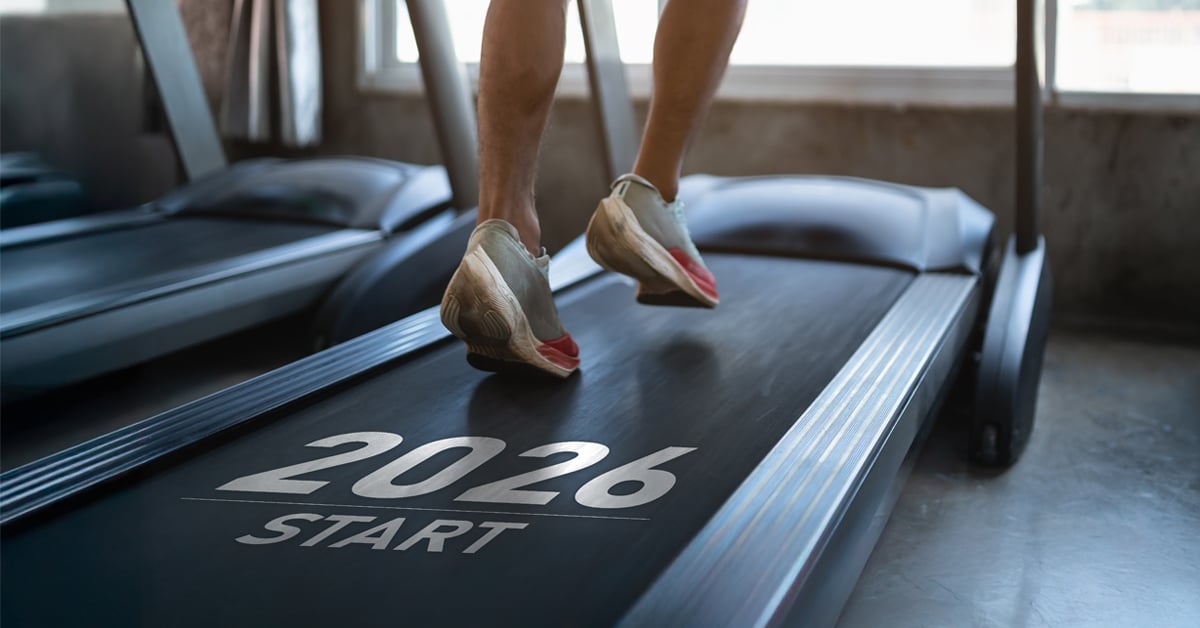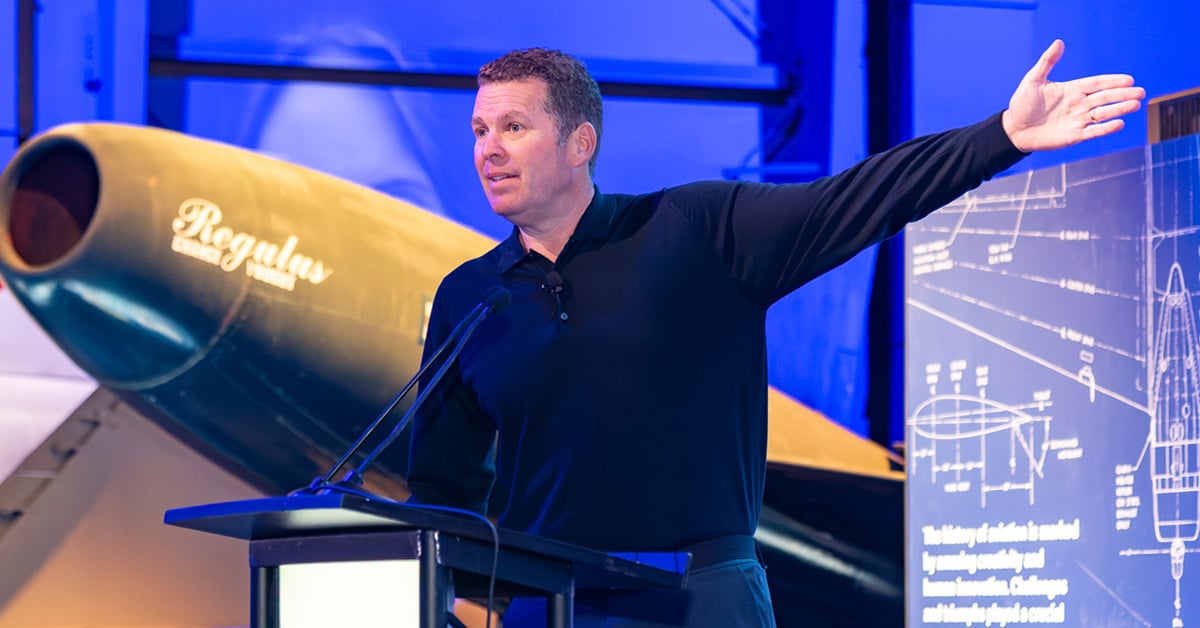I thought I knew what drowning felt like. I had squirmed my way through drown-proofing, acting more like a worm than a dolphin in the water and inhaling more than my share of water over the three-week training session. I had nearly passed out completing the 50-meter underwater swim, where I unintentionally sounded like a Whale underwater as I gulped imaginary air in my throat for the last 15 meters. I had even endured “saving” five weight belt-wearing SEAL instructors in a row while passing the Navy SEAL “lifesaving” test. A more appropriate name for that test is “how-to-wrestle-underwater-and-survive” test. That one brought me to my closest point of drowning when I was used as an example with the lead “underwater wrestling instructor” as he demonstrated choke holds underwater on me to the class. By that point, I was familiar with the stages of consciousness before blacking out underwater, or so I thought.
On a perfectly sunny day off the sandy shores of Coronado, I was swimming our standard two mile ocean swim. I actually looked forward to this weekly swim. It is one of the few times (besides combat diving) that the instructors can’t bother you – Just me and my swim buddy swimming on our sides facing each other. You get into a rhythm of kick – stroke – glide – breathe – repeat. One of us glides for the first mile then we switch roles. So long as we’re swimming faster than the safety boat, life is pretty enjoyable for that hour of training. The safety boat represents the pass/fail time – get behind the safety boat and you run the risk of failing the swim. Fail the swim and your SEAL career can be in deep water. My swim buddy and I were strong swimmers – not the fastest, but we always finished in the top half of the class. The safety boat was never our concern, except on this day.
I had gotten sick sometime in the middle of the fourth night of Hellweek – Thursday night. I wasn’t too concerned about it since I had been sick so many times throughout my childhood. I was quite familiar with spitting out mouthfuls of green goo for long periods of time. I had figured that “this too shall pass” and kept focused on finishing Hellweek. The problem was that it didn’t pass like my other lung infections. By that point in my life (22 years), I had been diagnosed with pneumonia over a half dozen times and bronchitis well over a dozen times. I was no stranger to lungs ailments – But this time it was different.
Less than fifteen minutes into my swim, I was looking at my swim buddy’s fins. We were evenly paired swimmers – I had never struggled to keep up with him. I would take these mini-power five strokes to get back up even with him. At first, it worked, but after ten of these power sets, I was running out of gas and getting slower and slower. To make matters worse, the SEAL safety boat was getting closer, which meant we were falling dangerously behind the rest of our teammates. My swim buddy stopped swimming for a moment and looked at me quizzically as he said, “Alden, you okay?” I responded with a bit of a wisecrack, “Just another day in paradise.”
“Really? Your paradise includes bleeding?”
“Huh?”
“You have blood coming out of your mouth.”
By the time I could process what he was saying, I couldn’t get a full breath of air. A few moments later, I was spitting mouthfuls of blood. I was fighting to breathe – I couldn’t get what even felt like a small breath of air. Suddenly, I was struggling to keep my head above water – to get just one full breath. The waves weren’t big that day, but they might as well have been a tsunami for me because I just couldn’t seem to get my head high enough for one good breath of air. The blood was coming out faster now, and I could feel fluid building inside of me. My lungs felt full, but not of oxygen. I didn’t need to say anything – my swim buddy went into life-saving mode. He put his arm around my chest, put his hip into the small of back to prop my head as high as he could into the air. He then did what none of us ever dreamed of doing in training – he raised his hand and called for help.
It wasn’t long before the SEAL instructors were at our location. I could remember hearing them say, “what the hell is going on with you two? Are you quitting??” They asked the last question incredulously because we were two senior officers of the class. They didn’t have to ask any more questions once they saw me. I spent the next ten minutes spitting up blood on the deck of the boat while trying to get a good mouthful of air. I was whisked into the SEAL training medical department where they made fast work of stripping off my wetsuit, sticking tubes in my mouth and checking my vitals. Two hours later the bleeding had subsided and my breathing was back to normal, or at least I felt it was. The senior officer of the medical department didn’t share my optimism.
“Ensign Mills, before I tell you what I think – we’ve looked at your blood work – is there ANYTHING you would like to disclose to me.” He put a long pause before he added, “may I remind you that lying to me would not be a good idea.” I sat there and looked at the floor and didn’t say a thing. He added, “Let me be more specific – are you taking any medications that hasn’t been given to you from my medical department?” I acted confused for a moment, but he was clearly on to me – lying to him wouldn’t help me.
I mumbled, “yes.”
“And what would that medication be?” he asked.
“Theo-Dur.”
“And why were you taking it?”
I confessed, “To help me breathe better.”
Then his tone shifted from detective to psychiatric counselor as he tried to make his next command one that I would willingly pursue, “You know, it’s remarkable that you’ve made it this far with the lungs you have. Really, there’s nothing to be upset about – you can leave training with your head held high.”
“How do you figure?” I asked, while squinting at him skeptically.
“Because you’re not even supposed to be here – we don’t accept people with asthma. You’ve had an incredible run – you made it through Hellweek, and you’re at the halfway point of training. Really – you should be proud of this.” He said in a consoling tone.
I was exhausted, and he was giving me an out – He was offering me a medical drop. “It’s not quitting – it’s not your fault you were born with a bad set of lungs,” he rationalized. This conversation gave me a flashback to that little 12-year-old boy listening to Dr. Mouse telling me I needed to live a less active lifestyle – to learn to play chess. My Can-not tribe was voicing a loud “YES” in my head – take this offer and go do something else. But my Can-do tribe was saying something else – “you’ve fought hard to get here, you’ve been through lots of training, maybe the medication is what’s holding you back? Keep going – find another solution – you Can-do this.”
The doctor open his notebook and presented me with the medical drop form, he even flipped the pen in my direction so I could “easily” sign it.
“Doc, I don’t have asthma and I’m not signing that form,” I said flatly.
So long Dr. Nice-counselor – he looked at me with his face getting redder by the second and said, “You are going to sign this form one way or another – you are lying to yourself and therefore lying to me. You have asthma and you will NOT complete training here.” With that, he turned around, ordered a nurse to his side and without looking at me, said, “I want Ensign Mills removed from active duty, put on medical hold and sent to Balboa Hospital for a Methacholine Challenge.”
Then he turned to me and said with a slight smirk on his face, “Okay, have it your way – you are officially removed from your current training class and you will not rejoin any class until I see the results of the Methacholine Challenge Test.” He let that new information hang in the air for a moment – being rolled out of the class you went through Hellweek with was a serious heartbreaker for me. He could tell that one hurt me, and then he offered a slight ray of hope, “Pass the test, and I will CONSIDER reinstating you into the next training class.”
Being removed from my class was one of the hardest things I had to endure in BUD/S. I had been with these Class 181 survivors since the summer of 1991, when there were 122 candidates attempting to “class-up.” Eighteen finished hellweek – 17 enlisted men and me, the only officer. A couple of weeks later, we had lost a couple of more of our hellweek “graduates.” There was a tight bond with the remaining few teammates, and I hated the idea of leaving them; but being medically dropped was an even worse fate.
I had no idea what the doctor was talking about when he barked out his “sentencing” – ordering me to take a Methacholine Challenge – but I figured it was better than being dropped from BUD/S altogether. It took a few days for Balboa Hospital to see me, and during those days in waiting, I spend time convalescing in my room across the street from the Navy SEAL training compound. I could hear my class singing out cadences as they crossed the street every few hours for meals and pool training classes. Those were lonely days, and found my worst enemy was the one in my head. If I let my focus wonder to my current plight, I would find myself in a pity party of despair. The only thing that helped me was seeking positive reasons for this break in my training. I would tell myself such things as “I’ll come back stronger,” “I use this rest to my advantage,” and “there are certainly much worse places to be stuck than Coronado!” If I passed the medical test, it would be six weeks before I could join the next class – BUD/S Class 182.
A few days later, I received notice that the hospital was ready to perform the Methacholine Challenge. I arrived in my khaki uniform and was greeted by a First Class Petty Officer who would be administering my exam. At first, I was surprised – the BUD/S doctor made the test sound like I would be surrounded by a team of physicians. I had conjured up all kinds of nightmarish scenarios of doctors restraining me on a gurney while they strapped on a facemask that pumped asthma inducing allergens into my lungs. Some of my fears weren’t that far off – I did get a face mask, and an asthmatic inducing mist was involved, but I wasn’t strapped to a gurney and the Petty Officer had his back turned to me while monitoring the systems that administered the Methacholine (asthma inducing mist). Although there was no gurney involved, I was placed inside a very small closet (I couldn’t stand up in it – the closet had a little bench inside) with two windows.
The test involved monitoring my lung capacity before and after the Methacholine mist was pumped into my lungs. And, those readings were happening in real time on a computer screen across the room. My facemask was under my control, as was how hard I breathed into it. Suffice it to say, my lung capacity miraculously became stronger as the test continued, with greatest result occurring at the end. I will neither confirm nor deny that I did everything in my power to ace this test, but I will say this – I made a pact with myself that day that I would stop taking the asthma medication that I had started taking 10 years earlier. I decided that if I couldn’t get through the rest of training without pulmonary medicine, then my dream of being a SEAL was not meant to be. Thankfully, it was meant to be.
P.S.: That BUD/S Doctor was incredulous, skeptical and pissed; but he signed off on my joining Class 182 – the class I would graduate with five months later.
The Four Essential Actions of High-Performance Leadership
These lessons aren’t exclusive to the Navy SEALs; they are used by successful entrepreneurs, nonprofit leaders, coaches, and sport captains—and now you can master them too. Unstoppable Teams is the handbook for how to build care-based teams that will push people to achieve more than they ever thought possible.





